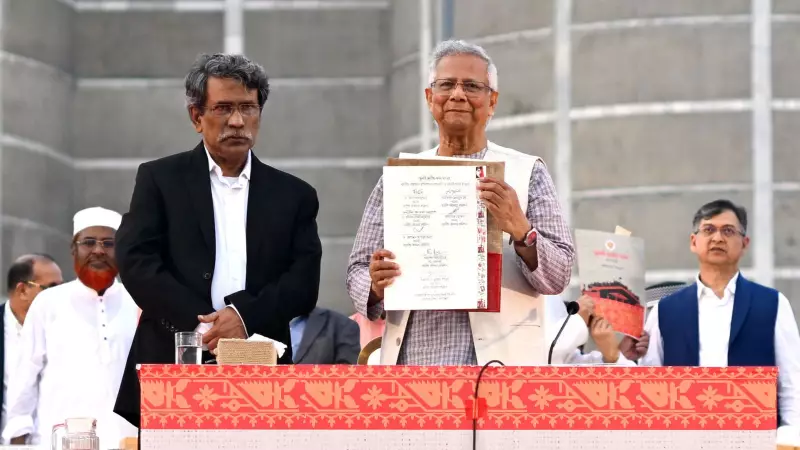
In a significant development that could reshape Bangladesh's political landscape, Nobel Peace Prize laureate Muhammad Yunus has joined forces with prominent civil society leaders to sign what's being called the "July Charter" - a document envisioning a "new Bangladesh."
A Collective Vision for Change
The charter represents a unified call from intellectuals, artists, and social activists for substantial reforms in the country's governance structure. This movement emerges during a period of heightened political tension, offering an alternative pathway for national development.
Key Provisions of the Charter
The document outlines several critical objectives that signatories believe are essential for Bangladesh's future:
- Establishment of transparent and accountable governance systems
- Protection of democratic institutions and civil liberties
- Economic reforms promoting sustainable development
- Strengthening of judicial independence
- Ensuring freedom of expression and media rights
Yunus's Significant Endorsement
Dr. Muhammad Yunus, renowned for his pioneering work in microfinance and poverty alleviation through Grameen Bank, brings substantial credibility to this initiative. His participation signals the charter's alignment with principles of social justice and economic empowerment.
The timing of this declaration is particularly noteworthy, coming amid ongoing political debates about Bangladesh's direction. The charter's supporters describe it as a "people's manifesto" rather than a political document, emphasizing its focus on fundamental rights and governance principles.
Broader Implications
This initiative has already generated significant discussion across various sectors of Bangladeshi society. While supporters see it as a necessary step toward meaningful reform, the charter's emergence has also sparked debates about its potential impact on the country's existing political dynamics.
The "July Charter" represents more than just a document - it symbolizes a growing consensus among influential figures about the need for systemic change in how Bangladesh is governed and developed.





